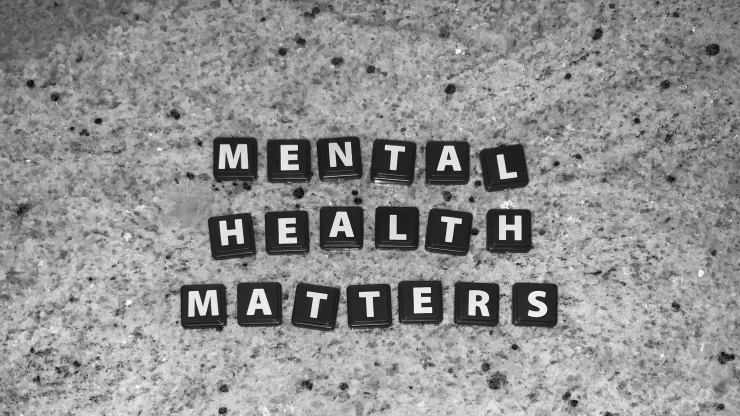Family is the backbone of society. It is the fundamental unit that provides individuals with a sense of belonging, love, and support.
Family dynamics play a crucial role in shaping our identity, values, and perceptions of the world. Studies have shown that family plays a critical role in our happiness and well-being.
In this article, we will explore the importance of family, how it affects our happiness, and ways to cultivate a happy and healthy family life.
Jump to Section
The Importance of Family
Family is the first and most influential social institution that shapes our lives. It provides a sense of belonging, identity, and security.
Family provides us with a support system that helps us navigate life’s challenges.
It is a place where we can share our joys and sorrows, and where we can find comfort and solace in times of need.
Moreover, family is a source of cultural and moral values. It shapes our perceptions of the world and influences our decision-making.
Family traditions and rituals help us create a sense of continuity and connection with our past. Family is also a place where we learn the importance of empathy, compassion, and forgiveness.
How Family Affects Happiness
Family has a significant impact on our happiness and well-being. A study conducted by the University of Warwick found that individuals who are married or in a committed relationship are happier than those who are single.
The study also found that individuals with close relationships with their family members are happier than those who do not have such relationships.
Moreover, family provides a sense of purpose and meaning in life. It gives us a reason to strive for success and to work towards a better future.
Family also helps us cope with stress and adversity. It provides us with emotional support, guidance, and a sense of belonging.
Strengthening Family Bonds
Strengthening family bonds is essential for cultivating a happy and healthy family life. Communication is the key to building strong family relationships.
It is important to create an open and honest dialogue with family members. Listening actively and empathetically is crucial to understanding each other’s perspectives.
Family activities and traditions also play a crucial role in strengthening family bonds.
Spending quality time together, sharing meals, and engaging in fun activities can help create lasting memories and strengthen family ties.
It is also important to celebrate each other’s successes and support each other during difficult times.
Family Dynamics and Well-being
Family dynamics play a significant role in our well-being.
Positive family dynamics, such as warmth, support, and positive communication, are associated with better mental health outcomes.
In contrast, negative family dynamics, such as conflict, criticism, and lack of support, are associated with poor mental health outcomes.
Moreover, family dynamics can influence our behavior and lifestyle choices. For example, a study published in the Journal of Family Psychology found that children who grew up in families with positive communication and support were less likely to engage in risky behaviors such as drug use and delinquency.
The Connection Between Family and Mental Health
Family plays a crucial role in our mental health. Positive family dynamics can protect against mental health issues, while negative family dynamics can contribute to mental health problems.
A study published in the Journal of Family Psychology found that individuals who grew up in families with high levels of conflict and criticism were more likely to experience depression and anxiety in adulthood.
Moreover, family support can help individuals cope with mental health issues. Family members can provide emotional support, practical assistance, and encouragement to seek professional help when needed.
Cultivating a Happy and Healthy Family Life
Cultivating a happy and healthy family life requires effort and commitment. It is important to prioritize family time and create a supportive and positive environment.
Here are some tips for cultivating a happy and healthy family life:
- Communicate openly and honestly
- Spend quality time together
- Create family traditions and rituals
- Celebrate each other’s successes
- Support each other during difficult times
- Practice empathy and forgiveness
- Seek professional help if needed
FAQ
How can I improve communication with my family members?
Improving communication with family members requires active listening, empathy, and open dialogue. It is important to listen to each other’s perspectives without judgment and to express your own thoughts and feelings honestly.
Setting aside time for family meetings or discussions can also help improve communication.
How can I strengthen family bonds?
Strengthening family bonds requires spending quality time together, engaging in fun activities, and creating family traditions and rituals. Celebrating each other’s successes and supporting each other during difficult times can also help strengthen family ties.
What should I do if I am experiencing mental health issues?
If you are experiencing mental health issues, it is important to seek professional help. Talk to your doctor or a mental health professional about your symptoms and treatment options.
It is also important to seek support from family members and friends. They can provide emotional support, practical assistance, and encouragement to seek professional help when needed.

With a deep passion for personal development, Ben has dedicated his career to inspiring and guiding others on their journey towards self-improvement.
His love for learning and sharing knowledge about personal growth strategies, mindfulness, and goal-setting principles has led him to create My Virtual Life Coach.
Contact Ben at [email protected] for assistance.




